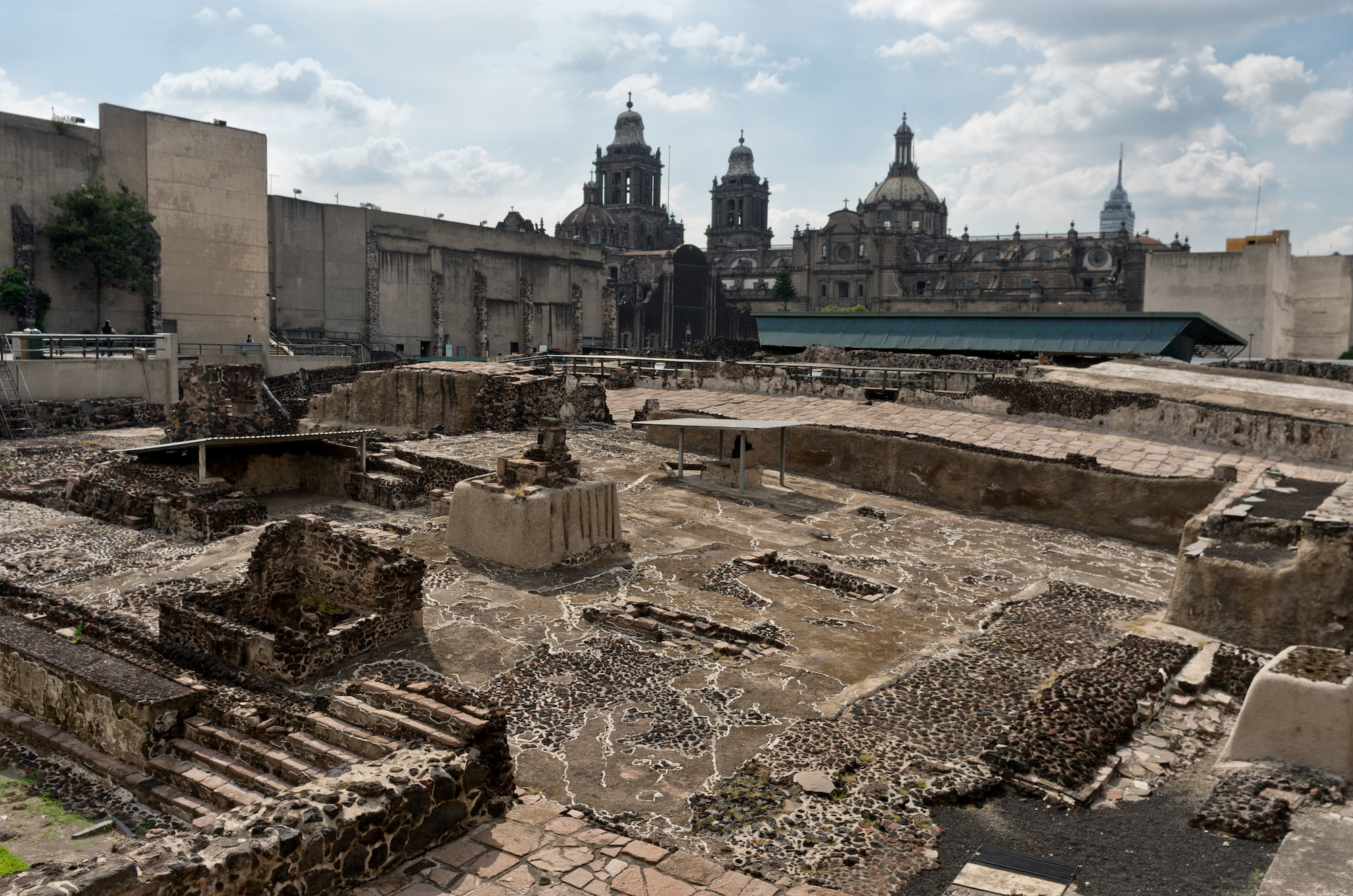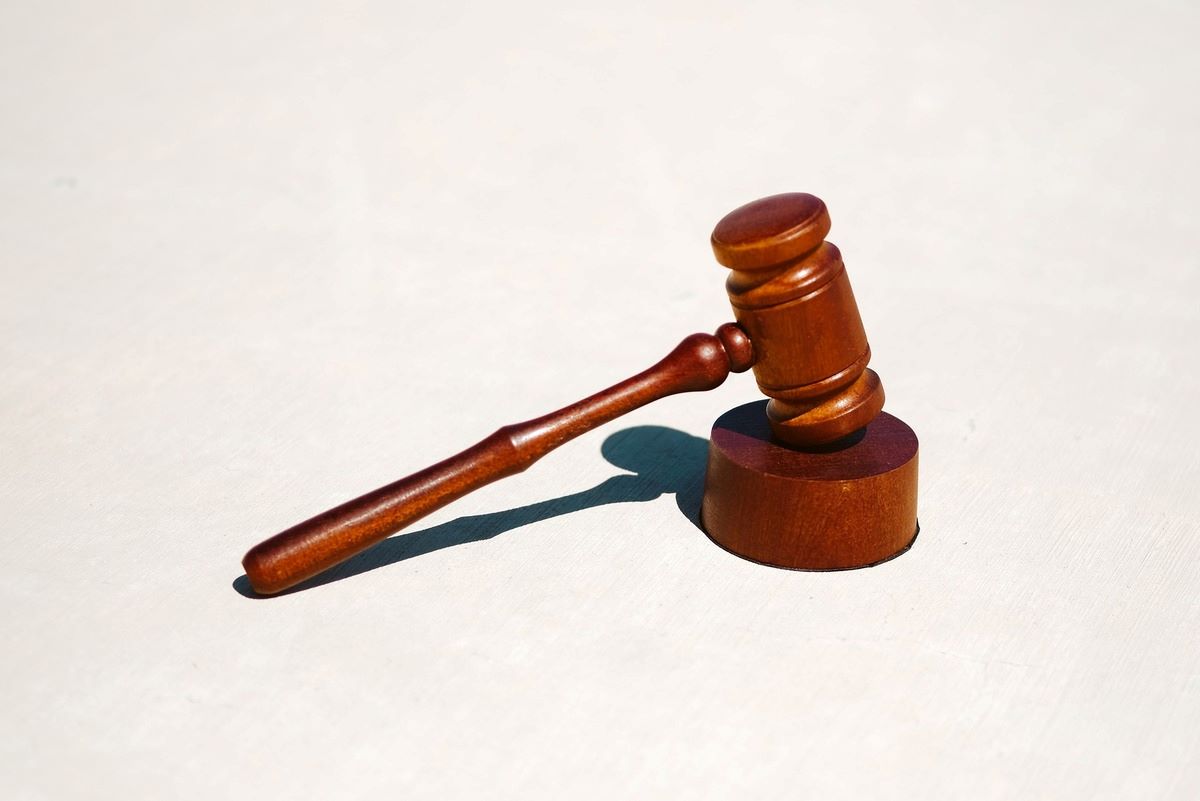
August 13th has been a witness to a wide array of historical events, milestones, and notable occurrences. This date has seen significant happenings in politics, science, culture, and sports. In this article, we will delve into some of the most remarkable events and facts that took place on August 13th throughout history.
Historical Events
1326: The Neopagan religious figure Aradia de Toscano was initiated into a Dianic witchcraft cult. de Toscano was a figure from Italian folklore and mythology. She was believed to have lived in Tuscany during the Middle Ages and was known as a powerful witch and healer. According to Wicca writer Raven Grimassi, de Toscano went on to find the tradition of Stregheria.
1521: Spanish conquistador Hernán Cortés captured the Aztec city of Tenochtitlan (present-day Mexico City). The fall of Tenochtitlan signified the end of the Aztec Empire and the beginning of Spanish colonization in Mexico.
1942: The ‘Manhattan Project‘ commenced. The project was a top-secret research and development program during World War II, aimed at developing the first atomic bomb. It began in 1942 and was led by US General Leslie Groves, who worked closely with physicist J. Robert Oppenheimer. Despite technical challenges and setbacks, the Manhattan Project was ultimately successful. It resulted in the dropping of the atomic bomb on the Japanese cities of Hiroshima and Nagasaki. This ultimately led to Japan’s surrender and the end of World War II.

Political Milestones
1784: The British parliament accepted the East India Company Act 1784. The Act was an important piece of legislation that reformed the governance of the British East India Company, which had been granted a monopoly on trade with India and other parts of Asia. It brought the East India Company’s rule in India under the control of the British Government. On the whole, it marked a turning point in the history of British involvement in India.
1792: Revolutionaries imprisoned French royals, including Marie Antoinette. On August 10th, 1792, a group of French revolutionaries stormed the Tuileries Palace. The Palace was the residence of King Louis XVI and his family. On August 13th, the royal family was imprisoned in the Temple, a fortress in Paris that had been converted into a prison. The imprisonment of the royal family signaled the end of the monarchy and the beginning of the radical phase of the French Revolution.
1961: East Germany began the construction of the Berlin Wall, a barrier that separated East Berlin from West Berlin. The wall stood as a symbol of the Cold War and a stark reminder of the division between the communist East and the capitalist West. The Berlin Wall would eventually be torn down in 1989.

Scientific Advancements
1642: Christiaan Huygens discovered Mars‘ southern polar cap. Huygens was a Dutch astronomer who made many important contributions to the field of astronomy in the 17th century. His discovery of Mars’ southern polar cap was an important milestone in the study of the planet. It provided evidence for the idea that Mars had a tilted axis of rotation, similar to Earth.
1889: German inventor and industrialist William Wainwright received a patent for the coin-operated telephone. Wainwright’s invention revolutionized public communication, making it more accessible and convenient for people to make phone calls outside of their homes.
1913: British metallurgist Harry Brearley created the first true stainless steel in Sheffield, England. His discovery of adding chromium to steel significantly improved its corrosion resistance. This paved the way for the widespread use of stainless steel in various applications, including cutlery, architecture, and transportation.
1959: US Military satellite Discoverer 5 was launched into polar orbit. Discoverer 5 was part of a series of reconnaissance satellites developed by the United States Air Force. It was used to gather intelligence and surveillance data during the Cold War. The launch of Discoverer 5 helped to pave the way for the use of satellite-based surveillance systems in military and intelligence operations.

Cultural Events
1876: The Bayreuth Festspielhaus opens with the first complete performance of Richard Wagner’s Ring Cycle, a series of four operas that together tell a mythological story of gods, heroes, and mortals. The Bayreuth Festspielhaus is a theater in Bayreuth, Germany that was designed and built specifically for the performance of the works of the composer Richard Wagner. Today, the Bayreuth Festspielhaus remains one of the most important venues for the performance of Wagner’s works. It continues to attract audiences from around the world to experience the power and beauty of his music.
1935: The Transcontinental Roller Derby begins at the Chicago Coliseum. This event marked the birth of roller derby, a popular roller skating endurance sport that was characterized by its aggressive, physical style and its team-based competition. It featured four teams, two male and two female, competing in a grueling, multi-day race around a track. Today, Roller Derby continues to be played as a niche sport in some parts of the world
2016: American swimmer Michael Phelps ended his career at the Rio Olympics as part of the winning 4×100 medley relay. Phelps swam the butterfly leg of the relay, and his team’s victory earned Phelps his 23rd Olympic gold medal. Phelps is recognized as one of the greatest athletes of all time. He achieved unprecedented success with 23 gold medals, which is the most Olympic gold medals won by any athlete in history.

Notable Birthdays
- Lucy Stone (1818–1893) – A prominent American suffragist and women’s rights advocate. Stone played a crucial role in the fight for women’s suffrage and was known for her powerful oratory skills. She was also the first woman from Massachusetts to earn a college degree.
- Annie Oakley (1860–1926) – An American sharpshooter and entertainer. Oakley’s exceptional marksmanship skills and performances in Buffalo Bill’s Wild West Show made her a symbol of the American West and an inspiration to generations of female athletes.
- Marcel Pagnol (1895–1974) – A French playwright and filmmaker. Pagnol, a leading figure in the French theater and film industry, is best known for his “Marseilles Trilogy,” a series of plays later adapted into films that depict the lives of working-class families in southern France.
- Dan Fogelberg (1951–2007) – An American singer-songwriter and multi-instrumentalist. Known for his heartfelt lyrics and soft rock sound, Fogelberg’s hits include “Longer”, “Leader of the Band”, and “Same Old Lang Syne”.
Final Word
August 13th is a day marked by a diverse range of historical events, accomplishments, and notable birthdays. From significant political occurrences and ground-breaking technological advancements to cultural milestones and memorable sports achievements, the happenings of August 13th provide a fascinating glimpse into our collective past. Examining these events not only enriches our understanding of history but also highlights the contributions of the individuals who have played a part in shaping the world we know today.
Was this page helpful?
Our commitment to delivering trustworthy and engaging content is at the heart of what we do. Each fact on our site is contributed by real users like you, bringing a wealth of diverse insights and information. To ensure the highest standards of accuracy and reliability, our dedicated editors meticulously review each submission. This process guarantees that the facts we share are not only fascinating but also credible. Trust in our commitment to quality and authenticity as you explore and learn with us.


